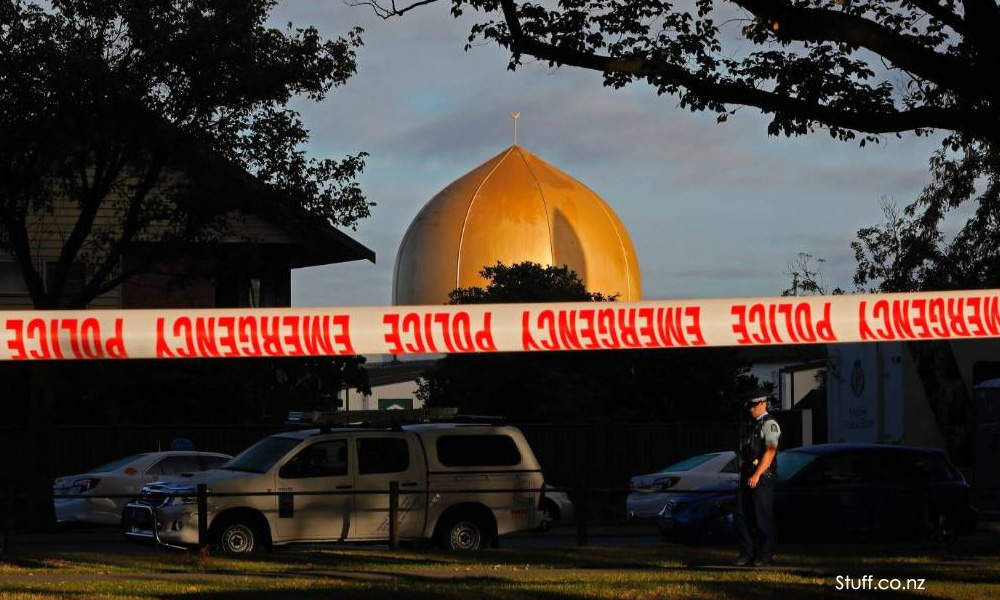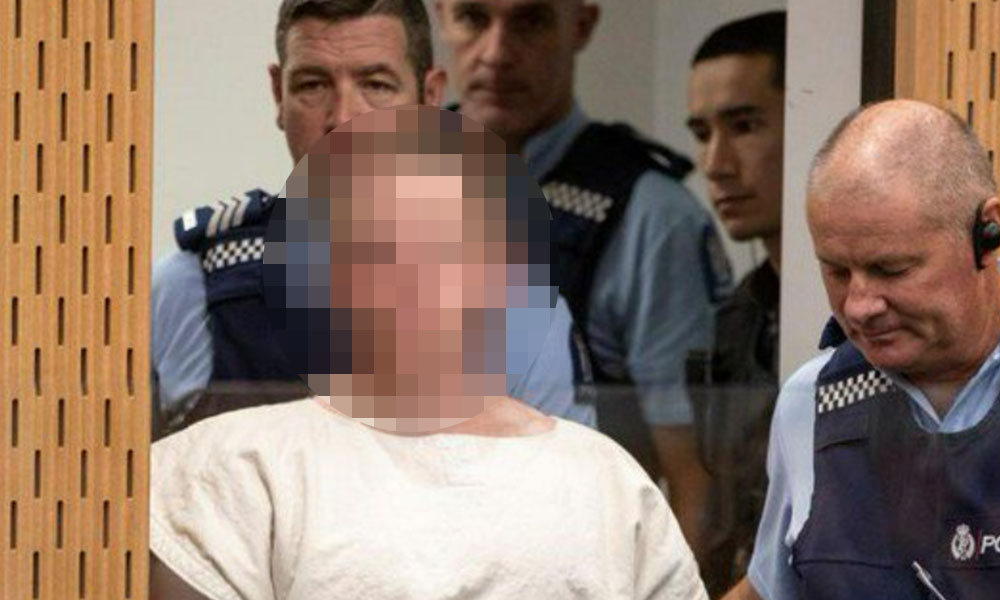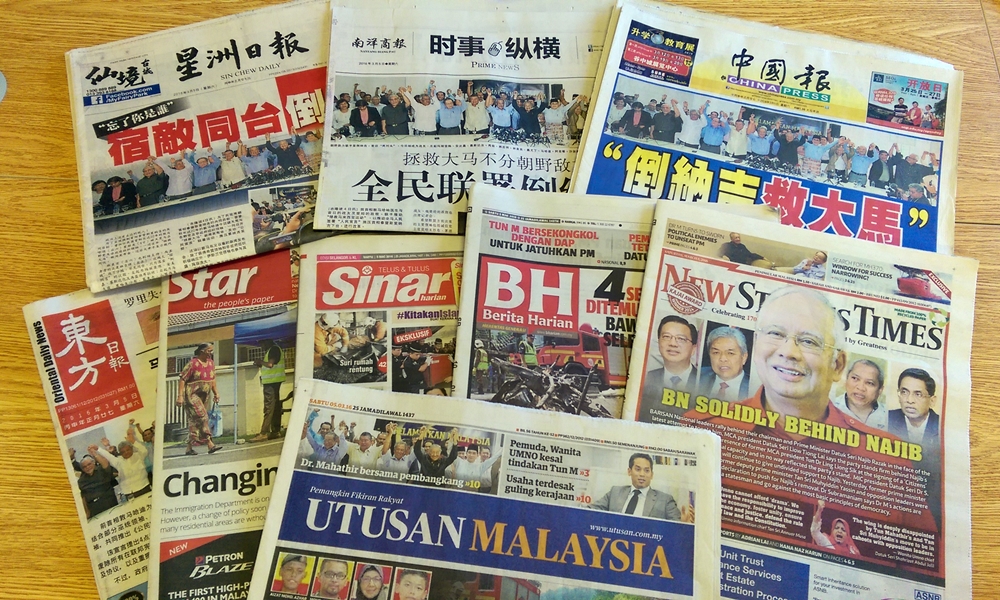
The ‘West’ spreads democracy, Islam spawns theocracy. The ‘West’ is disposed to foster peace, the Islamic world to strife. This is the conflicting relationship between ‘the West’ and Islam - if you believe the global media narrative.
Far-right anti-Islamic immigration politicians pander this perceived reality to their base where extremist bigots lurk, and retaliate, like the white supremacist who shot and killed 50 Muslims in Christchurch during their Friday prayers.
Social media reactions to the Christchurch massacre ranged from shocked disbelief that a targeted killing of Muslims could happen in an isolated country like New Zealand, to speculation on the influence of violent video games and the spread of white nationalism in response to Muslim migration to the ‘West’.
How can journalists – and media consumers - avoid being caught in this clash between religions and cultures, and consequently become part of the cause of rising extremism?
A Harvard analyst investigating online radicalisation noted that the Christchurch shooter’s social media pattern overlapped with the Islamic State’s online recruitment strategies.
Hence, the media in New Zealand and the Australian Broadcasting Corporation decided not to give the killer a platform by blocking out the killer's smirky mugshot and rambling manifesto.

As media consumers, we, too, bear some responsibility for the hate speech and violence directed at people of a different race, religion or culture. Particularly responsible are the populist politicians who play the anti-immigration, racial and religious cards in pursuit of votes.
Their messages are often couched in dog-whistling politics in coded language that appeals to entrenched stereotypes of groups considered to be a threat to the status quo, and tailored to fuel ‘anti-DAP’, ‘anti-Hindraf’, ‘anti-Umno’ sentiments, hence its racial associations.
This subsequently creates an environment where fighting for one’s racial group is justified by deference to a social contract, and its counter narrative, the termination of Malay privileges and race-based affirmative action policies. And the circular arguments go on and on.
Hatred and bile can never be justified under any circumstance, not even by the principles of free speech and free press. Freedom must come with responsibility, mutual respect, and a critical understanding of the history of race relations and its downward trend in Malaysia.
The problem with journalism lies in its nature and conventions. Journalism is highly effective in covering dramatic events and tragedies, such as the shooting in Christchurch and the record number of people killed. It is not as effective in covering trends and positive developments, particularly in reporting on race and religion.
Commenting on the "irresponsibility" of journalists in the coverage of random shootings, Steven Pinker, author of “Enlightenment Now - The Case for Reason, Science, Humanism, and Progress” (2018), said: “In giving such lavish coverage, especially showing the name, the face and often the manifesto of the shooter, together with calling attention to the fact that a particular shooter, for example, broke the record for the number of people killed in a day, which is basically an invitation to the next shooter to try to break that record.”
While the majority of journalists are generally well-intentioned, politically and culturally aware, like their readers, they also tend to see what they choose to see. And hear what they want to hear when stories involve controversial and sensitive ethno-religious arguments.
Michael Shermer, founder of the magazine Skeptic, notes that we believe what we believe based on our history and our lived-in environment – our biology and geography, our experiences through and in life. We have a “tendency to find meaningful patterns in meaningless noise” and “to infuse patterns with meaning, intention, and agency”.

This is where the problem emerges, where journalists inadvertently become part of the story. Which, in the Malaysian experience, is reflected in the generally slanted coverage of racial and religious issues by the vernacular press.
Journalists, regardless of their ethnicity, must in their coverage demystify our differing religious and cultural beliefs and highlight the life-affirming elements of each.
This does not mean reporting in an inclusive politically correct language or actively portraying a picture of nascent racial harmony where none exists.
It means that media organisations and their journalists in the field should actively refuse to give a platform to buffoons like the ‘Malay power’ punks and manipulative politicians a platform to spread their paranoia.
The Ethical Journalism Network has published a five-point test for hate speech and guidelines on reporting about migration with its racial and religious underpinnings. They are: “facts not bias; know the law; show humanity; speak for all; and challenge hate”.
Yes, this means seasoning our daily conversations with salt by using words of tolerance rather than judgment. This defers to the “if-then” process of change, which means that if one follows certain actions, then positive results can possibly follow.
Bridging the racial divide relies less on claiming how one’s culture and race is different and more righteous from the “other”; but more on how we can all be positively similar.
This requires journalists to go beyond straight reporting by fact-checking and asking the hard questions to hold politicians accountable for what they say and do according to the law and human decency.
ERIC LOO is a senior fellow (journalism) at the School of the Arts, English & Media, Faculty of Law, Humanities & Arts, University of Wollongong. He is also the founding editor of Asia Pacific Media Educator. - Mkini


No comments:
Post a Comment
Note: Only a member of this blog may post a comment.